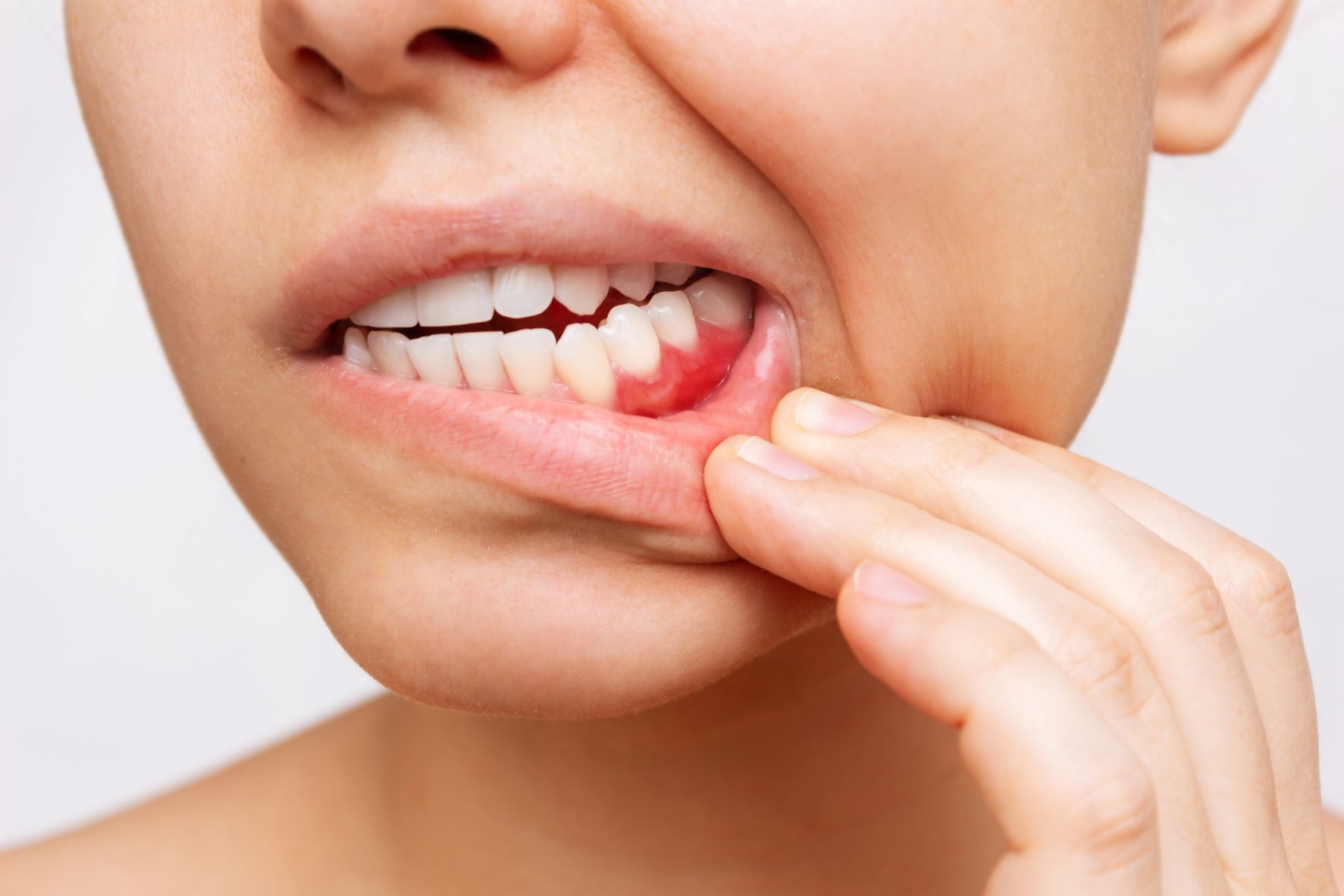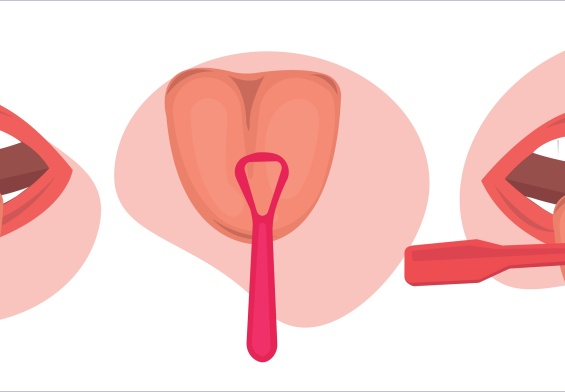Healthy gums play a huge role in your overall oral hygiene and even your seemingly unrelated overall health. When your gums are healthy, you reduce the risk of gum disease, losing teeth, and systemic health problems like heart disease. Most people focus on just their teeth, which are important, but caring for your gums is just as important. This article will discuss some actionable tips to keep your gums healthy, minimize inflammation, and reduce the risk of gum disease, based on advice from dental experts.
Brush and Floss Regularly
One of the easiest and most effective ways to keep your gums healthy is brushing your teeth twice a day and flossing once a day, every day. Keeping a consistent oral care routine like this gets rid of plaque and food particles stuck in your teeth, both of which can lead to gum disease if left untreated. If you let plaque build up too much, it will irritate your gums and cause gingivitis, which is an early form of gum disease.
Ideally, you should be using a soft-bristle toothbrush and fluoride toothpaste to gently brush along the gumline. By doing this, you’re removing bacteria that causes inflammation without being too harsh on your teeth and gums. If you find it hard to floss with regular floss, you can use a water flosser or interdental brush as well.
Keeping this regimen consistent is a huge part of gum disease prevention and incorporating it into your routine will keep your gums free of inflammation. In addition, flossing ensures the areas between your teeth, which can’t be reached by brushing alone, are properly cleaned, reducing the risk of gum disease and promoting overall NJ dental care tips for healthy gums.
Use Mouthwash for Extra Protection
You can give yourself extra protection against gum disease when you rinse with an antibacterial mouthwash. Brushing and flossing remove most plaque and bacteria, and mouthwash helps clean up any that was missed. Studies show that using a mouthwash containing chlorhexidine or essential oils can reduce gingivitis and plaque more effectively than just brushing and flossing. Many dentists recommend rinsing with mouthwash at least once a day as part of a larger oral hygiene routine.
Using mouthwash gives you fresh breath, sure, but you should be using more for the purposes of gum disease prevention. It helps keep the bacteria in your mouth under control and makes sure your gums are healthy as well as free of irritation.
Eat a Healthy Diet
Your diet plays a bigger role than you think in your oral health, particularly your gum health. Certain foods can help strengthen your gums, while others can make inflammation worse. If you want to support your gum health, eat foods with a lot of vitamins C and D. Vitamin C repairs damaged gum tissues, while vitamin D makes your body better at absorbing calcium, which your body needs to maintain healthy teeth and gums.
You also need to eat less sugary foods and drinks, or ideally, eliminate them from your diet entirely. Sugar feeds bacteria in your mouth, which then produces acids that attack your gums and teeth. When you eat more fresh fruits, vegetables, and whole grains, you can promote gum health naturally. This approach, when it’s paired with regular cleanings from the best dentist in NJ, will go a long way in maintaining strong, healthy gums.
Schedule Regular Dental Visits
Seeing a dentist regularly is mandatory for keeping your gums healthy, regardless of how diligently you’re sticking to your home care routine. Professional cleanings are the only way to remove tartar, which is hardened plaque that can lead to gum disease. Additionally, your dentist can identify signs of gum disease, like gingivitis, before they get worse.
Dental experts state that you should be visiting your dentist at least twice a year, every 6 months, for cleanings and check-ups. If you’re prone to gum issues, your dentist may want to see you more often. The best dentist in NJ will be able to give you personalized advice on how to prevent gum disease, which is tailored to your unique case and needs. If you need a specialist, they can also help you find the best dentist in NJ for gum care, like periodontist, for example.
Look for Early Signs of Gum Disease
Gum disease often starts with mild symptoms, like red or swollen gums, bleeding during brushing or flossing, and bad breath that doesn’t go away. These symptoms are pretty minor on their own, so many people tend to overlook them until their gum disease gets worse. Unfortunately, a lot of these people let their condition progress into periodontitis, a more severe form of gum disease that can cause them to lose teeth. If you want to stay on top of your gum disease prevention efforts, you need to catch these symptoms early.
If you notice any of these signs, call your NJ dentist for gum care as soon as you can. Early detection plays a huge role in reversing gum disease before it causes permanent damage to your oral health.
Stay Hydrated and Avoid Tobacco
Saliva neutralizes acids in your mouth and washes away food particles and bacteria, so it has a big part in keeping your mouth healthy. By staying hydrated, you make sure your mouth produces enough saliva to keep your gums healthy. In contrast, using tobacco products, like cigarettes and chewing tobacco, can significantly increase your risk of gum disease. Tobacco reduces blood flow to your gums, making it harder for them to heal from damage, but it also makes your mouth more susceptible to bacterial infections.
As a result, quitting smoking and tobacco is one of the best things you can do for your gums. According to dental experts, smokers are twice as likely to develop gum disease compared to non-smokers. The best dentist in NJ can give you resources and strategies to quit smoking to improve your oral and overall health.
Use Gum-Friendly Products
If you have sensitive gums, you can try using products designed specifically for gum health, like toothpaste or mouthwash formulated for gum care. Electric toothbrushes can also provide a gentler, more effective clean if you have inflamed or delicate gums. Products like these can help maintain optimal gum health, especially when they’re combined with advice from the best dentist in NJ.
If you’re unsure which products to use, ask your dentist. They’ll give you the best gum care tips from the best dentist in NJ, and they’ll be personalized to your unique needs and case, so your gums can stay healthy and disease-free.
Understanding Gum Disease Prevention
It’s not hard to keep your gums healthy, but it does require consistent effort. When you’re brushing and flossing regularly, using mouthwash, eating a healthy diet, and visiting the best dentist in NJ for regular check-ups, you can keep your gums in great shape, which drastically reduces your risk of gum disease.
If you’re looking for the best oral hygiene tips from a New Jersey dentist or need help finding the right professional for your dental care, just ask for recommendations. Your gums are just as important as your teeth and taking care of them today can prevent major health issues tomorrow.




